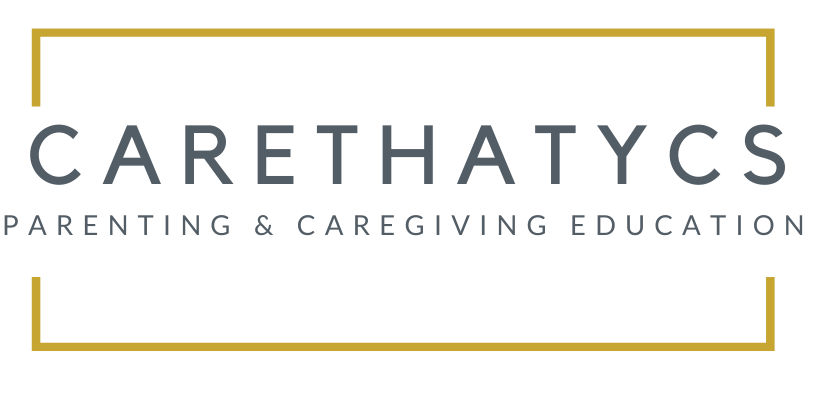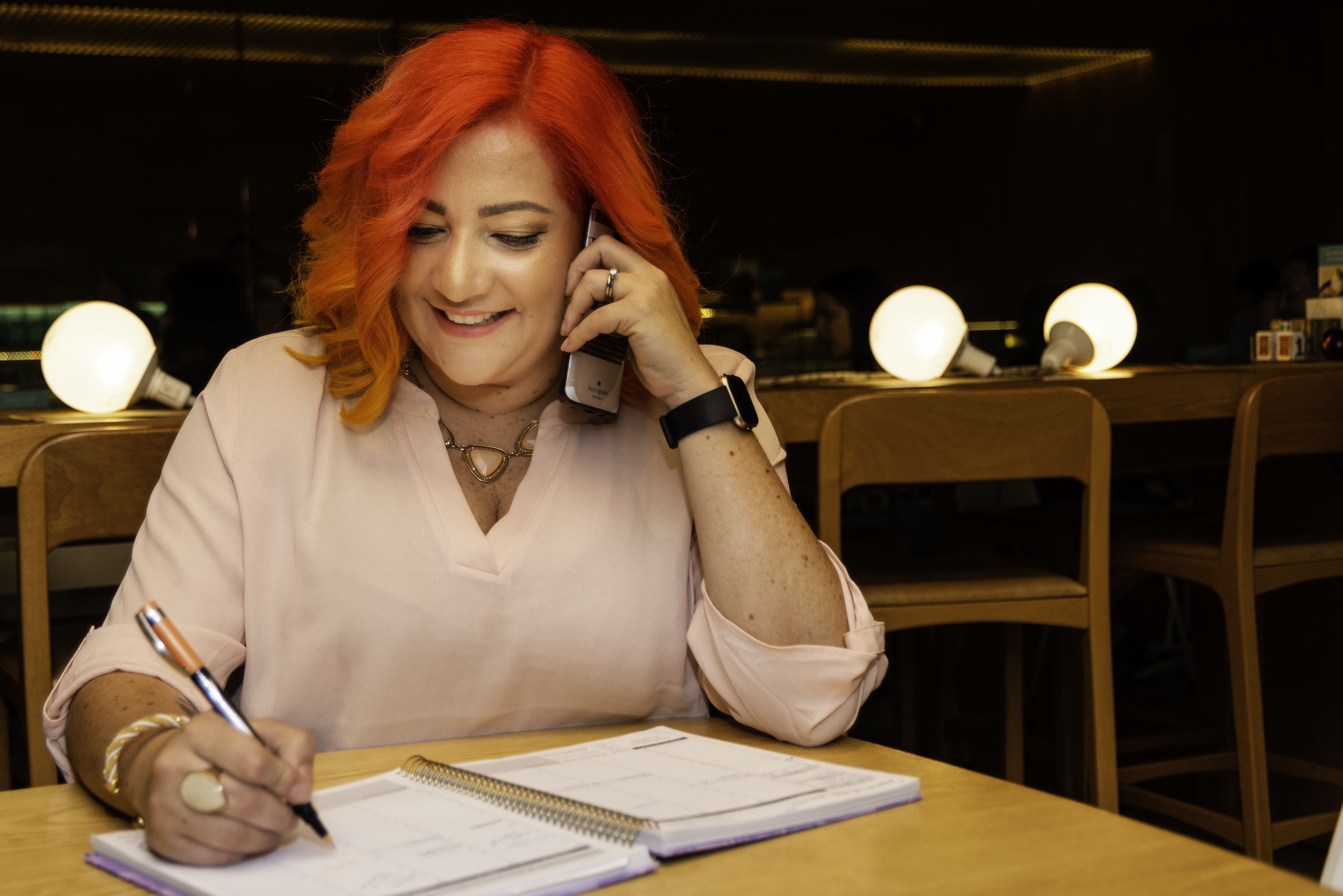Let’s start by taking a break and reflect on the most important fact before we start putting positive discipline into practice. The most relevant factor is to understand your true internal motivation and to understand why you are looking to change your approach. Understand the philosophy of positive discipline, which does not aim to make the child a person who blindly follows the rules, but who becomes someone who respects and is respected. It focuses on building a person who seeks to cooperate, create solid bonds, and connections.
Even more crucial than learning and using the tools to raise children with respect is to understand the philosophy behind this practice. Positive discipline is not a manual on how to raise a perfect, obedient child, accepting all of our orders; it aims to respect the child and achieve their cooperation through mutual respect, kindness, connection, and bonding. Even if it seems otherwise, the child is, by nature, cooperative, which does not actually mean being blindly obedient. Studies and researches have already shown that cultivating the child’s ability and cooperative relationship is much more effective than demanding perfect obedience.
One of the biggest changes that need to occur for positive discipline to really be effective is the change in how you see the child; it is also your behavior towards the child; it is to understand that the child is a whole being already, with a personality that is still learning to deal with their own wishes and their place in the world. Consequently, there will still be challenging days; days when we can still be reactive at a given time, especially when techniques don’t seem to work the way we expect.
At this point, I invite you to exchange your expectations for perfect behavior, for appreciation. Appreciate your child for exploring their own voice, giving YOU the opportunity to further practice YOUR patience, empathy, and mindfulness.
Expecting immediate results will sabotage your efforts. When you start putting positive discipline into practice, remember that it is a learning process for both parties. It is relationship building. They are seeds that we plant, and nourish, to reap the benefits in the future.
The benefits of positive discipline
After learning a bit more about positive discipline and understanding how much it promotes emotional quality for our little ones and how we can help them to develop this skill, it is important to reflect and ask ourselves if, in fact, we have a healthy emotional attunement, if we also know how to deal positively with various challenging situations as well as people in our lives.
This questioning is good even for recognizing the emotional shortcomings that lead us to act on auto-pilot, often driven by authoritarianism and misunderstanding of what really happens to your little one. Perhaps because it was the way we were disciplined when younger. It is important to think about it and reflect. Soon, you will find that positive discipline encourages us to seek more self-knowledge and self-control first and foremost.
You will start to become aware that positive discipline guides you to rethink what your personality and upbringing were like and, consequently, you may discover the source of your difficulties that resulted in these frustrations and strict expectations in adulthood.
When you become aware of what causes you to behave impatiently and that there is a problem to be solved there, everything changes. Because you start to act more calmly and consciously about your own actions.
How does our own upbringing influence how we parent?
Past generations, due to the lack of research and knowledge about better educational methods, were raised through imposition and authoritarianism. The values were different, at that time, there was a great concern with their proper image in front of the family and society. And since many of us were most likely raised in similar ways, it would be easy for us to end up reproducing what we lived and learned all our lives.
However, all of this has major consequences and directly affects how we deal with ourselves and our self-esteem, which ends up spilling over into our relationships with other people and our own children.
Most of the time we don’t even realize it, but when we yell at our little one to behave, we are reproducing this pattern. We demand that they behave in front of people so that we look good. And we almost always have this reaction without thinking from that angle, which is just a reproduction of actions and thoughts, and you may even dare to say “I went through it and survived. My child will survive as well.”
Just look at the countless times that you acted reactively with your little one, expecting bad behavior or a tantrum, even before they actually did something. In order for you to discipline your child with respect, it will be necessary to change this attitude. We cannot act defensively with our children.
Wouldn’t it be better to have a healthy emotional life than to live with these methods that punish the people we love? Do not hurt yourself for doing this, on the contrary, become the protagonist of your life and take an active stance of change.
Generally, when parents realize what they are doing, they blame themselves a lot. They wonder why their parents raised them that way or why they have difficulties in applying the techniques.
But conscience and guilt should not go together from the moment you start to understand and embrace your own growth, understanding that it is a learning process and that everything has its time. There was not a way to act differently at that time, because you didn’t have the maturity or the knowledge you have today. We do better when we know better.
We need to be aware that positive discipline is a long-term process and yes, it is a process that takes time, that requires resistance, persistence, and dedication, in order to change your life and your child’s life. Remember that you may have acted the old ways for a lifetime, therefore, there is no way to change it overnight.

